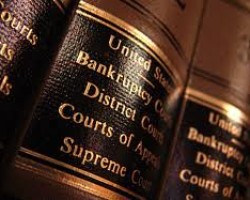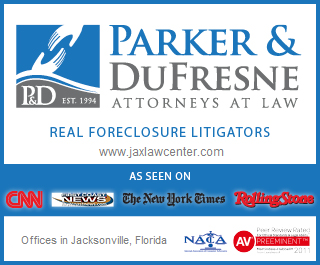
Courtesy of Jed Berliner, Lawyer, Bankruptcy Law Network
You’ll learn from these nine videos published by the federal government which are a good entry into a pretty scary subject. They certainly do not substitute for sound legal advice, but they get you started on your path to a Fresh Start.
What is bankruptcy? What happens in a bankruptcy case? Bankruptcy is a legal process that provides relief for individuals who can no longer pay all of their debts. If you are considering bankruptcy, this video will give you basic information about the process, the relief it offers, and how to find the legal help you may need.
Part 2: Types of Bankruptcy (4:06)
A brief review of the three main types of bankruptcy cases for individuals –– chapters 7, 11, and 13. The most common types of bankruptcy are chapter 7, which are liquidating bankruptcy, and chapter 13 cases, often used by individuals who want to catch up on past due mortgage or car loan payments and keep their assets.
Part 3: Limits of Bankruptcy (4:44)
Certain types of debt, such as child support, alimony, and most student loans, cannot be discharged in bankruptcy. Wrongful conduct may make some debts non-dischargeable. Examples of such conduct are incurring credit card charges without the intent or ability to repay, or obtaining loans using false financial information.
Part 4: Filing for Bankruptcy (3:08)
How does someone file a bankruptcy case? In order to file for bankruptcy, an individual must take a credit counseling course –– to learn about alternatives to bankruptcy –– as well as accurately complete and file a number of documents.
Part 5: Creditors’ Meeting (1:39)
Every debtor is required to appear at a creditors’ meeting conducted by a trustee who asks the debtor questions about the debtor’s financial condition and gives creditors the opportunity to do the same.
Part 6: Bankruptcy Crime (3:36)
A debtor must be honest and accurate in dealing with the court or face serious consequences, including being charged with a bankruptcy crime.
In some cases, a debtor may be required to appear at hearings before a bankruptcy judge.
Debtors are usually able to discharge most or all of their debts. Once a debt is discharged, a creditor may not attempt to collect it from the debtor.
Part 9: Legal Assistance (5:10)
When does someone need a lawyer for a bankruptcy case? Individuals have a right to represent themselves in court, but bankruptcy is a complex area that involves many considerations –– including whether to file, what chapter to file under, and what exemptions to claim. It is important to understand all of the protections of the bankruptcy code in order to make full use of them.
© 2010-19 FORECLOSURE FRAUD | by DinSFLA. All rights reserved.



